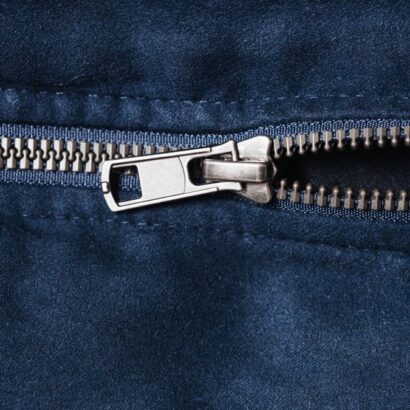Justice Department to Enhance Corporate Criminal Enforcement Efforts

As the Biden administration presses for tougher white-collar compliance enforcement, the federal government appears to be using a classic carrots-and-sticks approach in a new bid to root out corporate crime.
First, the sticks. Deputy Attorney General Lisa Monaco has announced a series of measures intended to give the U.S. Department of Justice a firmer hand for dealing with corporate malfeasance. They include limiting the use of probationary deals, also known as deferred prosecution agreements. Under such arrangements, companies can avoid criminal prosecution by employing measures such as paying fines and beefing up employee-conduct policies. According to DOJ’s new guidelines, Monaco’s office now must sign off on prosecutors’ probationary deals with companies that have reached such settlements in the past.
As part of its focus on accountability and culpability of officers or other individuals profiting from corporate crime, the Justice Department is also encouraging companies to develop clawback policies in which executives found to be involved in malfeasance would return portions of their compensation. In the last 20 years, lawmakers have granted regulators more authority to use clawbacks in cases of corporate misconduct if it leads to restatements of financial results. Research from the Securities and Exchange Commission indicates roughly half of publicly traded companies disclosed clawback policies in 2021.
As for the carrots, DOJ has instructed each of its divisions to articulate policies laying out how companies and their employees can benefit from voluntarily exposing misconduct. In practice, that means offering incentives for companies to self-report violations and cooperate with prosecutors in investigations. For instance, proactive companies would be more likely to qualify for probationary deals or avoid some of the more stringent monitoring requirements that often get written into settlements. The more expeditiously companies report misdeeds, the more favorably the government would view their cooperation.
“Sometimes we see companies and counsel elect – for strategic reasons – to delay the disclosure of critical documents or information while they consider how to mitigate the damage or investigate on their own,” Monaco said on Sept. 15, the day the new guidelines were released. She added that such delays make it difficult for DOJ to “proactively pursue leads and preserve evidence before it disappears.”
Sounds reasonable enough, so what’s the catch? In a note to clients, the law firm Simpson Thacher & Bartlett LLP warned that DOJ’s new policies might prompt companies “to begin cooperation at a point in time when complex fact patterns confronting them may not be fully understood.” Furthermore, companies might not have a chance to consider all options available to them when deciding how to deal with potential discoveries of malfeasance, according to the firm’s memo.
If that’s the argument against putting these new guidelines in place, best of luck convincing Monaco and DOJ to change course.



